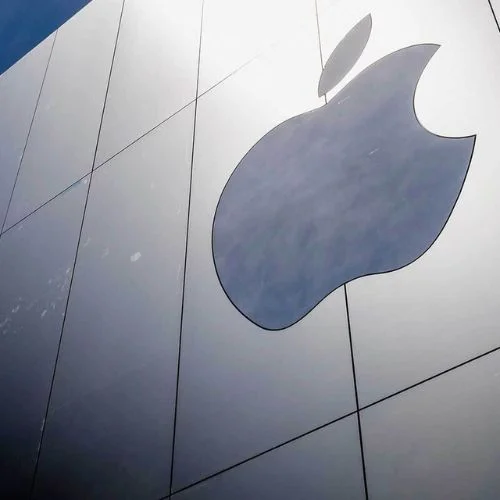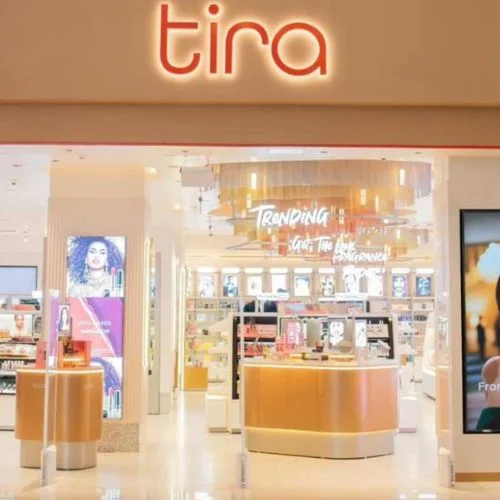KRBL, GRM Overseas, and Chaman Lal Setia, on the other hand, fell more than 3%, 4%, and 6% to intra-day lows, respectively.
Shares of rice exporters such as Chaman Lal Setia Exports, LT Foods, KRBL, and GRM Overseas fell up to 6% intraday on Monday after the government imposed basmati rice export restrictions over the weekend.
The government prohibited shipments of basmati rice priced at less than $1200 per tonne late Friday (effective till Oct 15), a day after imposing a 20% tariff on parboiled rice beginning Oct 16.
LT Foods, which owns the renowned basmati rice brand Daawat, fell 6% on Friday.
However, the stock increased 2% on Monday when the business emphasized that the policy has no effect on its exports because the export price of its primary types (premium and aged rice in its own brands-Daawat and Royal) is often more than the $1200 per tonne minimum export price restriction. Exports account for about 60-65 percent of the total income for the firm.
Meanwhile, KRBL, GRM Overseas, and Chaman Lal Setia all fell more than 3%, 4%, and 6% to its intra-day lows, respectively.
Analysts predict firms with a strong presence in the branded basmati rice industry would benefit somewhat, even though stocks will remain under pressure in the immediate term.
Certain businesses are better prepared to weather the storm. LT Foods, which mostly exports under its own brand, will be unaffected. According to Anirudh Garg, Partner and Head of Research at Invasset PMS, KRBL would likely have a minor impact because a substantial chunk of their shipments exceeds the $1200/tonne barrier.
“While short-term fluctuations may occur, our long-term outlook remains bullish for these companies. Their presence in the branded category provides a crucial buffer against the adverse effects of this export limitation. It’s worth noting that most shipments for the ongoing crop season have already been fulfilled, mitigating the overall impact on the industry,” Garg added.
These rice exporters (with exports accounting for 80-90 percent of total income) mostly deal in various types of basmati rice, with minimal exposure to non-basmati rice.
In Q1FY24, Chaman Lal’s main basmati rice brand Maharani, which is sold to 38 countries, accounted for 17% of total revenues.
KRBL’s India Gate and Unity basmati rice brands contributed for 51% and 12% of total FY22 revenues, respectively.
India is still the world’s largest rice exporter, accounting for more than 70% of global basmati rice output.
Premium basmati rice is mostly exported to the Middle East, whereas non-basmati rice is sent to African and Asian countries.
The government’s decision to prohibit exports of basmati rice for less than $1,200 a tonne was made to prevent the “illegal” shipping of white non-basmati rice disguised as premium basmati rice.















